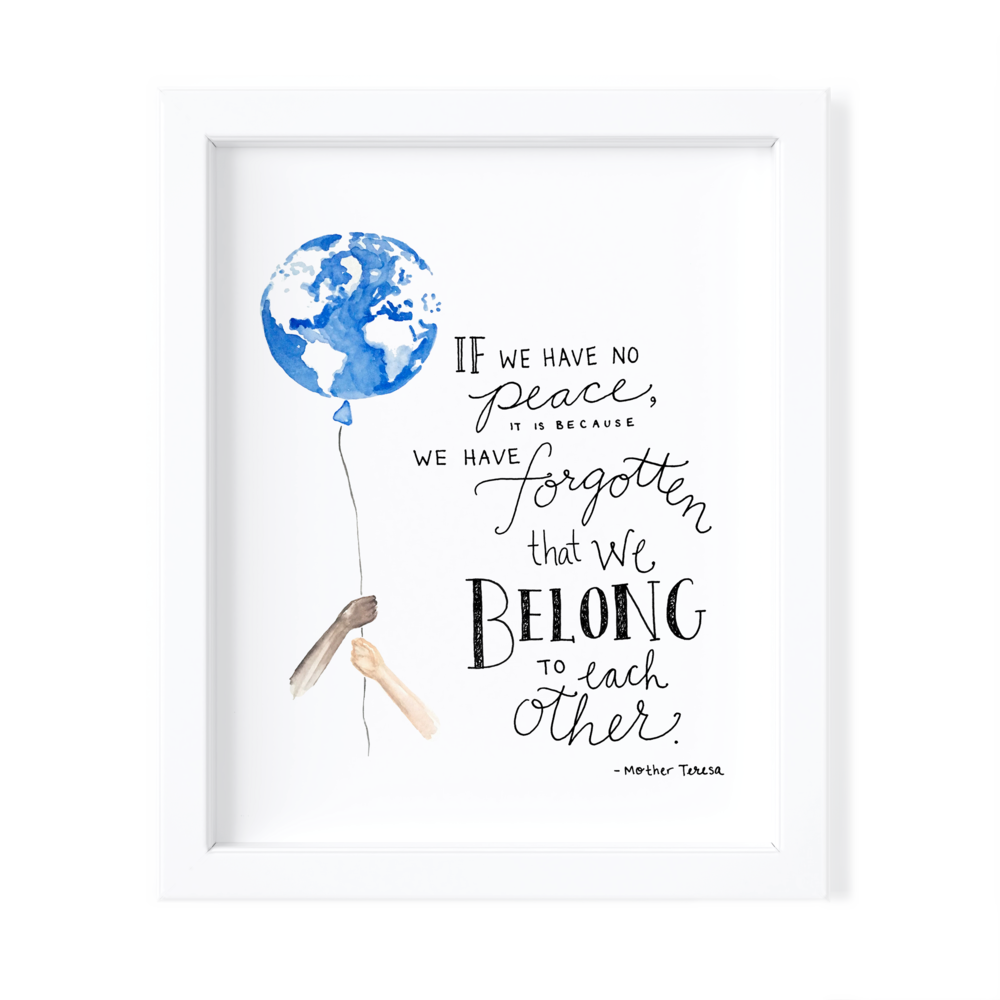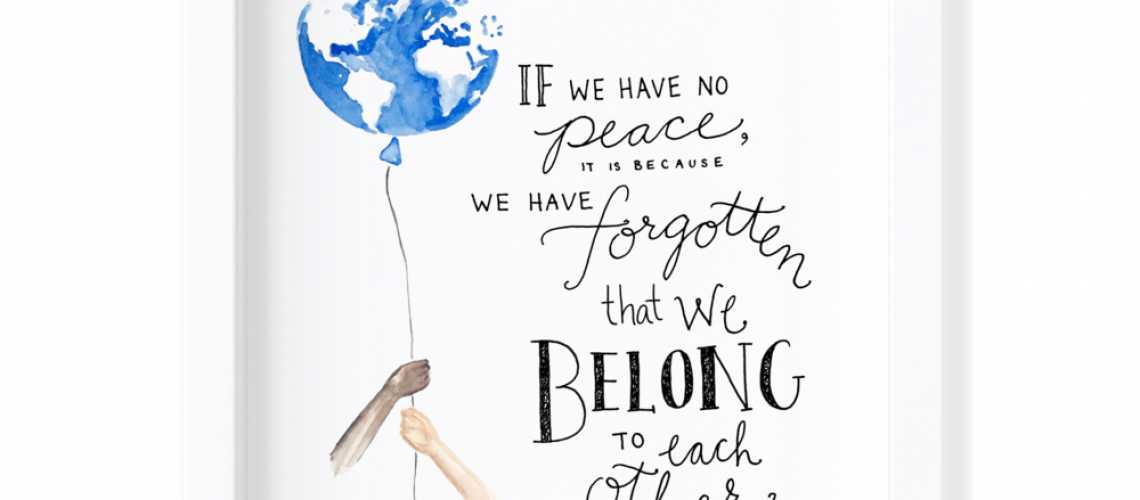This morning, I was hit pretty hard by co-suffering…in a different way than I have been. I’ve been thinking about those of us who are continuing with plans that aren’t necessary to carry out. It’s made me consider the different perspectives and motivations we have based on how our environment and our lives have formed us. My inner experience upon hearing some stories and statements was an evolution of different things.
First: I was surprised. That lasted about a minute.
Second: I was confused. I just didn’t get it. I decided to pause on this one and think more about it later.
Third: I was sad. I felt sad for those that aren’t connected to what the world is experiencing. How often is the entire world in a situation to communally suffer in unique ways? I also felt sad that I had jumped to judgement. I reminded myself that there’s a message being given that can lead some people to decide to follow through with their plans: Most of us are not going to die from this. If you hear that, it’s possible to stop there and proceed without caution.
Fourth: I realized that I wasn’t being compassionate enough. Feeling the weight of the world is really heavy and difficult, and avoiding acknowledging the suffering of others means you don’t have to feel it. Your suffering may already be too much. So, I started actively replacing my non-compassionate thoughts with compassionate ones. This helped me work through my confusion.
Compassionate thought #1: The understanding of what it is to “live life to the fullest” is generally interpreted by each person individually. If each of us is deciding what a full life looks like on our own “islands,” our choices will be driven by the world we see in our immediate view. The big picture will likely get lost. If I tend to choose what I want in order to preserve my plans, I will have trouble when my plans are interrupted by what’s better for other people.
Compassionate thought #2: If someone hears that they are not at “high risk,” it’s easy to stop there and move forward. It’s more difficult to go, “Wait. If I’m not at risk, who is?” What’s even more difficult is to keep going from there: “I may not be at risk, but other people are. Also, I cannot predict how this illness will affect my body, my family who has to care for me, and the healthcare workers that have to give me space and time.” And if you keep going, it’s incredibly difficult to get to this place: “If one of us is at high risk, we all are.”
Compassionate thought #3: Honoring life as a gift shows up differently for everyone. I can die tomorrow, so who cares what I do today, is one way to acknowledge death. St. John of the Ladder speaks about another way to remember death: “The man who wants to be reminded constantly of death and of God’s judgement and who at the same time gives in to material cares and distractions, is like someone trying at the same time to swim and to clap his hands.” St. John’s words here remind us that the Remembrance of Death and God’s coming Kingdom can’t exist alongside a self-interested life squandered in earthly cares. To truly Remember Death is to remember what life on earth is for: “Greater love has no man than this, than to lay down his life for his friends,” – John 15:13.
Compassionate thought #4: “It’s going to be ok,” is a common coping mechanism. Adopting this mindset, though, can be detrimental in a couple ways. 1- It can lead you to disregard educated guidance because you have convinced yourself that it’ll be “ok” for you. 2- You might not acknowledge the reality and miss the opportunity to prepare for any possible result. Let’s assume for now that “ok” means that me and everyone I care about will not be affected in a major way by this. The experts say that, God willing, this will be the reality for most of us. Another reality is that it is already not “ok” for many…health wise, job wise, and the list goes on. Our best chance at inner peace through external disruption is to acknowledge the complete reality with hope. With the Kingdom on our minds and in our choices, we know that, ultimately, it is going to be ok.
Compassionate thought #5: For most, it’s objectively difficult to be thrown of course. Going to the beach may just be the only way a person perceives they’ll find peace. It may bring some solace for the moment, but true peace is fostered by consistent communion with God and others. Embrace the redirection and let it put you on the course to choose awareness of everyone.





